OpenTofu
Latest OpenTofu news and updates from our core dev team members.

Blog
video
Video
Meet Us in London for KubeCon Europe 2025 (and OpenTofu Day)!
Join env0 at KubeCon Europe 2025 in London, April 2-4! Visit Booth S710 to explore IaC best practices, meet our team, and grab exclusive swag. Don’t miss OpenTofu Day on April 1st, which features expert talks and insights. Pre-schedule a meeting now!

Blog
video
Deep dive into three key approaches for managing OpenTofu configurations: separate configs, workspaces, and backend-config.

Blog
video
⚡ Lightning Talk: Apply-Before-Merge vs. Traditional Continuous Deployment
This talk explores two distinct approaches to integrating OpenTofu into deployment pipelines: approve-before-merge using Atlantis and the traditional continuous deployment (CD), covering workflows, benefits, challenges and more.
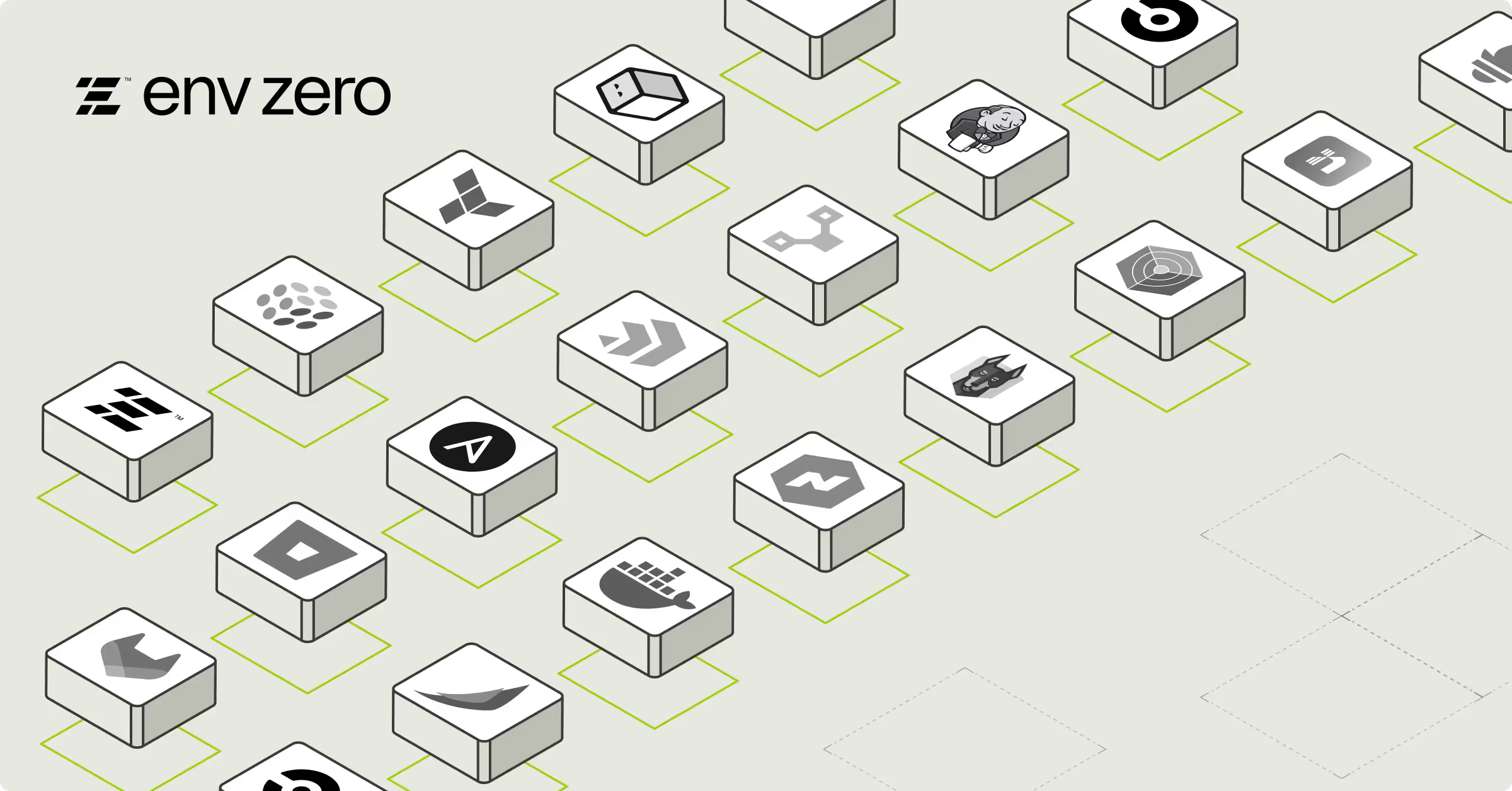
Blog
video
Top DevOps Tools for Infrastructure Automation in 2025
Explore the top DevOps tools for infrastructure automation, designed to streamline workflows, boost efficiency, and simplify cloud management.
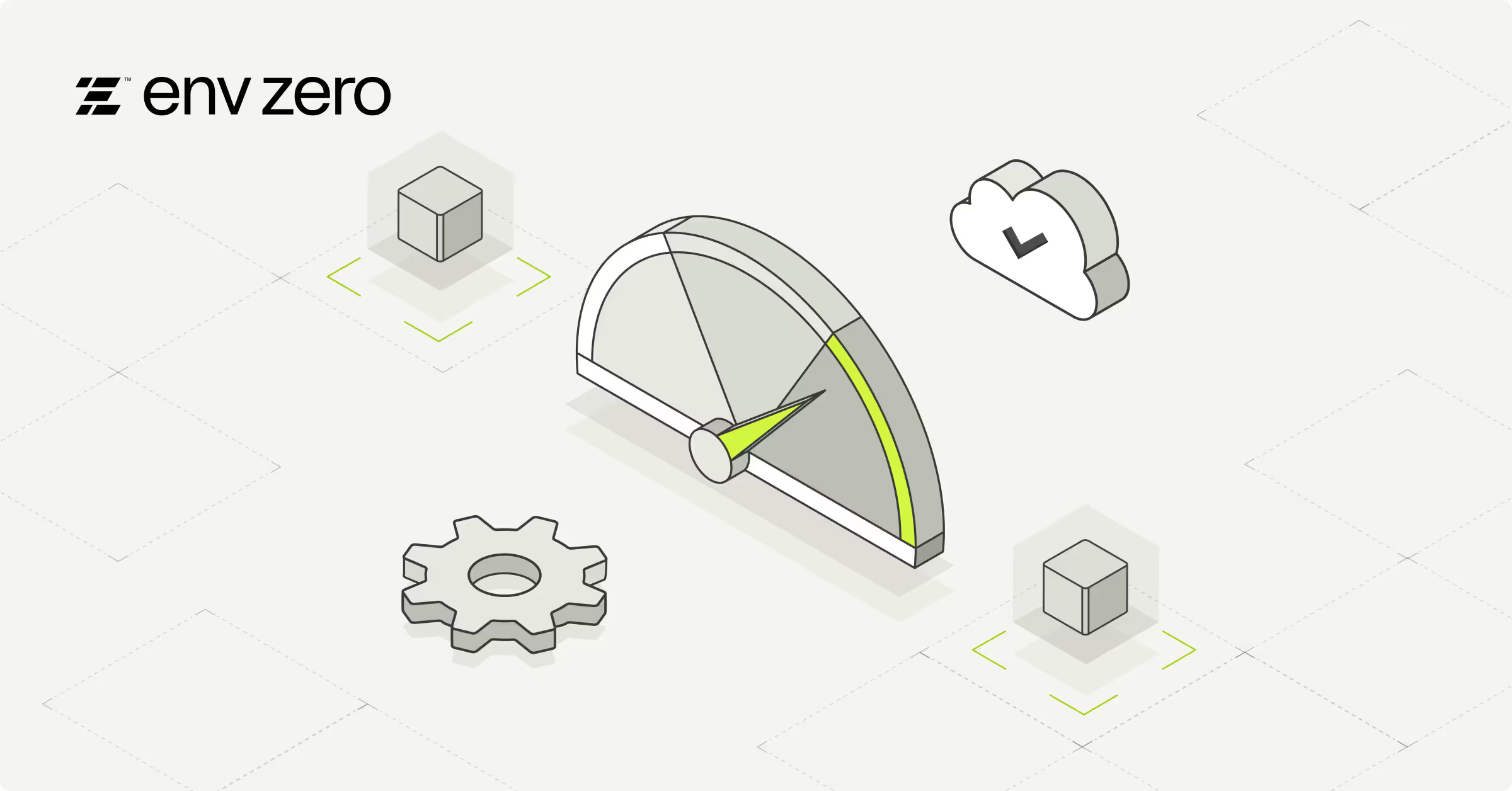
Blog
video
Build vs. Buy: Striking the Right Balance for IaC Management
The "build vs. buy" debate shapes IaC automation. This post examines the challenges of scaling IaC with general tools like GitHub Actions and how platforms like env0 offer solutions.

Blog
video
OpenTofu 1.9 Introduces the 'exclude' Flag and ‘for_each’ for Providers
The OpenTofu 1.9 release introduces updates to make infrastructure management more efficient. Key additions include the -exclude flag and for_each functionality for providers.
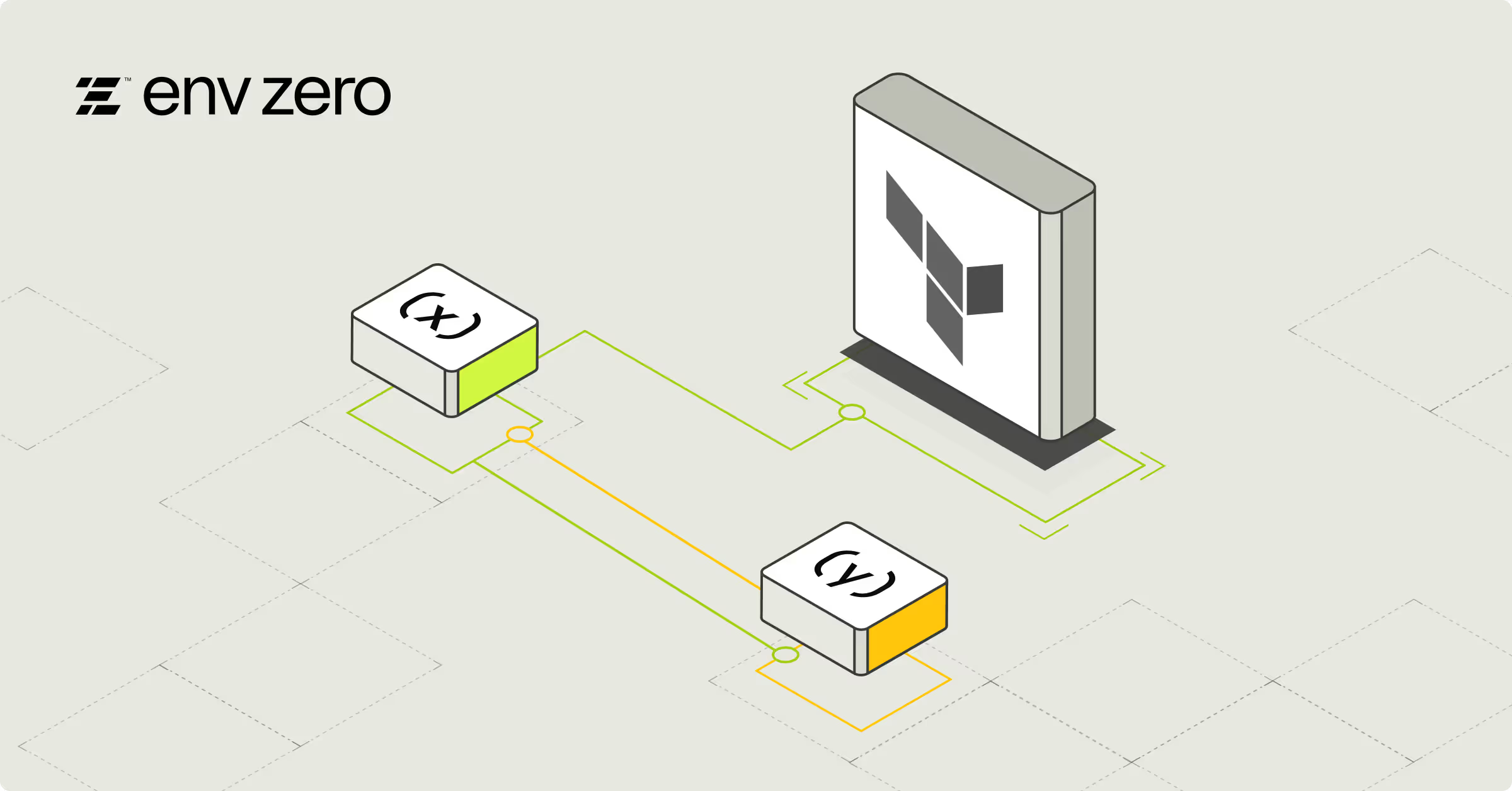
Blog
video
Terraform Map Variable: A Complete Guide with Practical Examples
In this blog, we’ll explain what Terraform maps are, explore their use cases, and share practical examples and best practices for effectively using them—and more.

Blog
video
Meet Us in Salt Lake for KubeCon 2024 (and OpenTofu Day)!
We’re thrilled to be part of this year’s KubeCon, the leading cloud-native event, happening from November 12th to 15th at Salt Lake City. Come see us at Booth P6
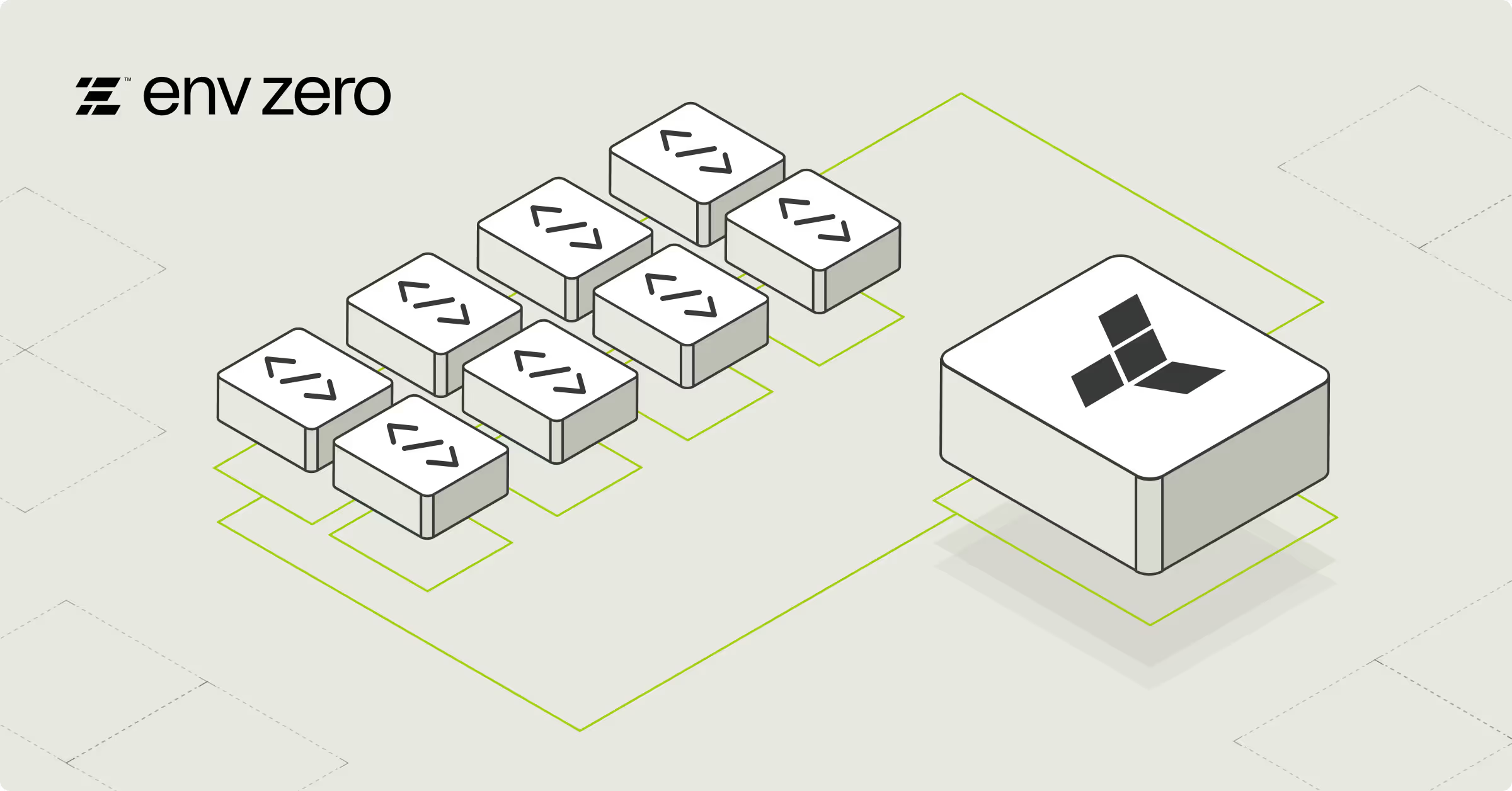
Blog
video
Terraform Workspaces Guide: Commands, Examples and Best Practices
This blog post covers Terraform workspaces, commands, best practices, practical examples, and more.
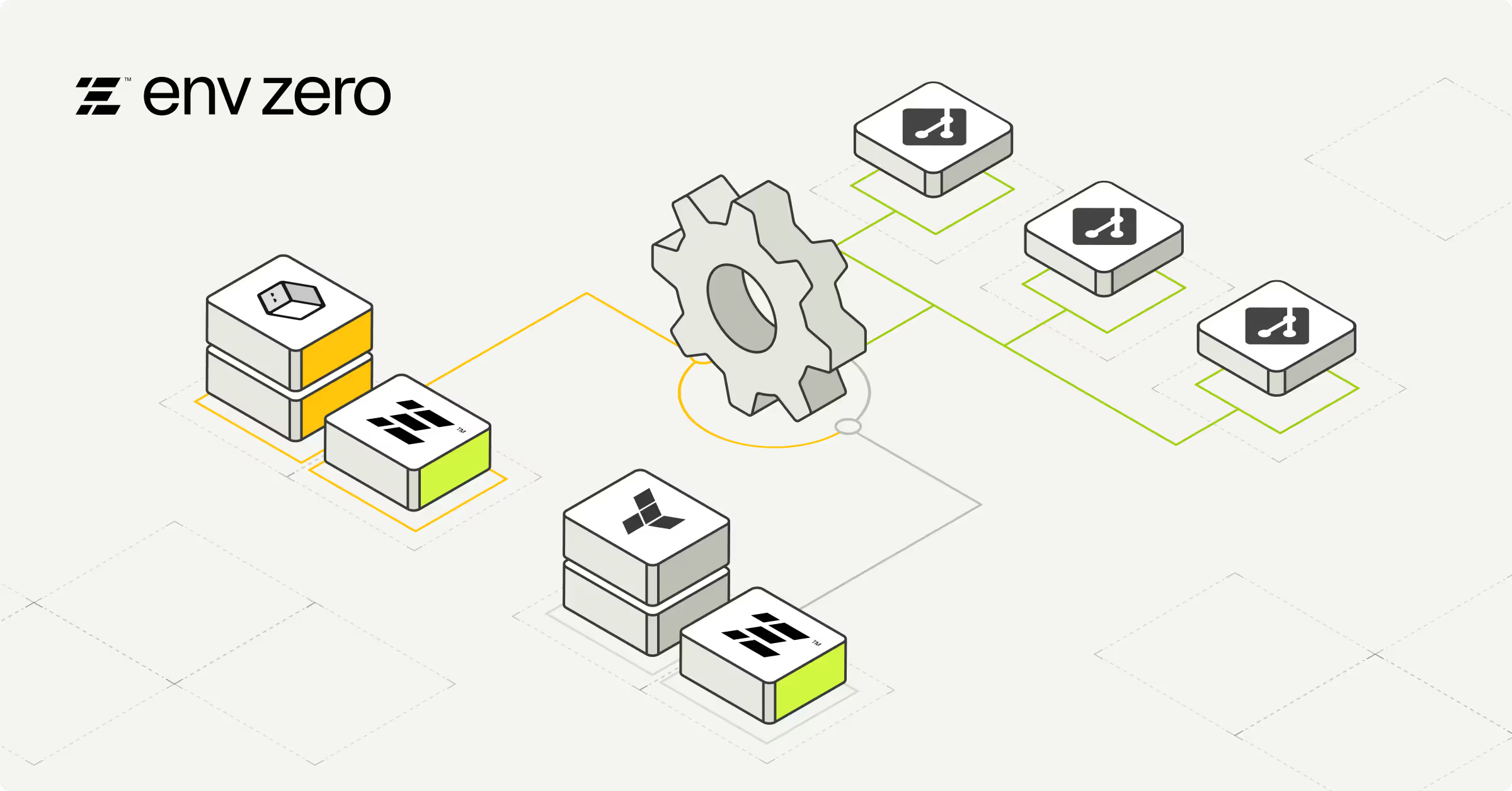
Blog
video
Streamlining env0 Onboarding with Environment Discovery
The latest upgrade to our Environment Discovery feature improves how you onboard your existing environments to env0, making the process quicker and smoother than ever before!

Blog
video
OpenTofu Registry Guide: Tips, Examples, and Ways to Contribute
The OpenTofu registry UI is now live! To mark this occasion, here's a quick guide to help you explore its use cases, key features, and ways to contribute.

Blog
video
The Four Stages of Terraform Automation
In this blog post, we'll explore the four stages of Terraform and OpenTofu automation, providing a roadmap as you look to scale your IaC practices.

Blog
video
Terraform Lookup Function: Examples, Use Cases and Best Practices
The Terraform/OpenTofu 'lookup' function helps maintain clean, DRY, and reusable code. In this blog, we'll explore the various scenarios where the 'lookup' function can be used, and provide some practical examples for both common and more advanced use cases.

Blog
video
Terraform Count Meta-Argument: Indexing, Examples and Use Cases
In this blog, we’ll learn more about count, describe its use cases, and show how you can use it to create multiple resources with ease - with or without conditional expressions.

Blog
video
OpenTofu v1.8: A Detailed Look at the Upcoming Release
As OpenTofu quickly nears its next stable release, we delve into its new features, discuss their use cases, and explore the challenges they will address for OpenTofu users.

Blog
video
Terraform Validate Command: Practical Examples and Best Practices
The 'validate' command helps you check the syntax of your Terraform or OpenTofu code before deployment. Learn how to use it effectively for seamless infrastructure provisioning.

Blog
video
How to Use tenv to Streamline IaC Version Management
tenv is a version manager for Terraform, OpenTofu, Terragrunt, and Atmos, written in Go. Check out this post to see how it works.

Blog
video
Terraform Dynamic Blocks: Advanced Use Cases and Examples
Learn how to use dynamic blocks in Terraform and OpenTofu, to create adaptable configurations based on input values.

Blog
video
Terraform Functions Guide: Complete List with Detailed Examples
Terraform functions are essential for creating effective infrastructure code. In this blog post, we'll provide a 360° review of Terraform/OpenTofu functions, with practical and detailed examples.

Blog
video
Environment Output Variables: Easy and Secure Output Piping
Our latest feature enhances env0 Workflows, simplifying sharing outputs of one environment with another in the same project or workflow, and storing them securely on the env0 platform.

Blog
video
Terraform Best Practices: State Management, Reusability, Security and Beyond
In this blog, we will discuss best practices you should follow for writing clean, scalable, and efficient Terraform code, and how to achieve them with env0.

Blog
video
Terratest vs Terraform/OpenTofu Test: In-Depth Comparison
Why should you test your IaC? And how does the Terraform Test Framework compare to Terratest? That's what we're going to explore in this article.

Blog
video
Terraform Output Command: Examples, Tips and Best Practices
A practical in-depth guide on Terraform outputs with detailed examples, advanced use cases, and more.

Blog
video
OpenTofu v1.7: Enhanced Security with State File Encryption
The launch of OpenTofu 1.7 brings a highly anticipated update: state file encryption. In this post, we take a deep dive into this feature and other new improvements.

Blog
video
Terraform Files and Folder Structure: Organizing Infrastructure-as-Code
Discover best practices for Terraform configuration files and folder structures to optimize your IaC workflow and avoid future complex reorganizations.

Blog
video
Terraform Destroy Command: A Guide to Controlled Infrastructure Removal
In this post, we cover best practices and considerations to ensure the effective and safe execution of 'terraform destroy' within your infrastructure management processes.




.avif)









